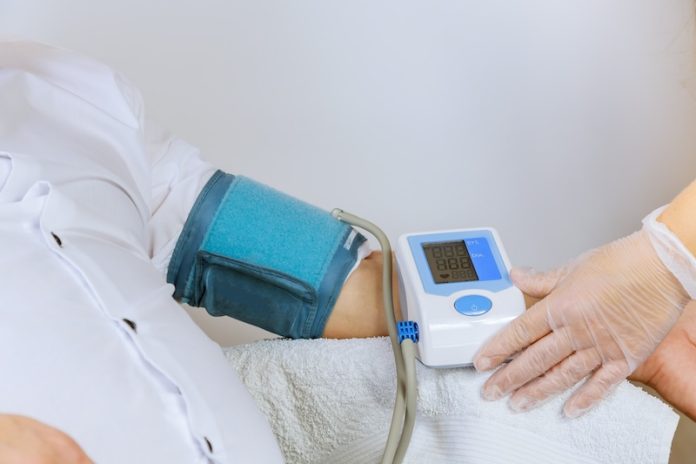
High blood pressure, or hypertension, poses a significant global health challenge, with its links to heart disease and various serious health conditions.
Managing blood pressure effectively, especially in individuals with Type 2 diabetes, remains a complex and debated issue within the medical community.
However, researchers at Yale University have harnessed the power of machine learning to develop a tool aimed at tailoring blood pressure treatment to individual patients, taking into account various factors like kidney function and smoking habits.
This groundbreaking tool, known as PRECISION (PREssure Control In hypertenSION), was the subject of a study published in The Lancet Digital Health on October 25.
How the Tool Operates
Dr. Evangelos K. Oikonomou and Dr. Rohan Khera from the Yale School of Medicine led the research team, which drew data from two major blood pressure studies: SPRINT and ACCORD BP.
These studies explored different blood pressure goals to determine their efficacy in managing hypertension.
Using data from the SPRINT study, the researchers identified 59 critical parameters to consider, such as kidney functionality. They leveraged machine learning to develop an algorithm, essentially a computational recipe.
To assess the algorithm’s effectiveness, they tested it on the ACCORD BP study, which concentrated on patients with diabetes.
The PRECISION tool demonstrated remarkable performance by identifying individuals who would benefit from more aggressive blood pressure treatment, including those with diabetes.
The Researchers’ Perspective
Dr. Khera emphasized the complexity of finding the optimal blood pressure treatment for each patient. He highlighted the value of machine learning in gleaning insights from previous studies to inform individualized treatment decisions.
The tool’s ability to elucidate differential treatment responses among diverse individuals offers a valuable resource for healthcare professionals.
Furthermore, the researchers proposed that PRECISION could revolutionize the landscape of clinical trials.
By offering a novel approach to evaluating treatment outcomes and uncovering patterns in individual treatment responses, the tool may redefine the research process.
What Lies Ahead
While the initial results are promising, the authors acknowledge the need for further validation and testing.
They intend to explore how various factors, such as biological characteristics and economic considerations, may influence treatment outcomes.
In conclusion, the PRECISION tool represents a potential breakthrough in the management of high blood pressure, particularly among patients with diabetes.
By offering a more personalized approach to treatment decisions, it has the potential to simplify the complex landscape of hypertension management.
This research underscores the significance of adopting innovative techniques to address pervasive health challenges and provides a glimpse into the future of precision medicine in hypertension management.
If you care about blood pressure, please read studies about blood pressure drug that may increase risk of sudden cardiac arrest, and these teas could help reduce high blood pressure.
For more information about health, please see recent studies about nutrient that could strongly lower high blood pressure, and results showing this novel antioxidant may help reverse blood vessels aging by 20 years.
Follow us on Twitter for more articles about this topic.
Copyright © 2023 Knowridge Science Report. All rights reserved.



